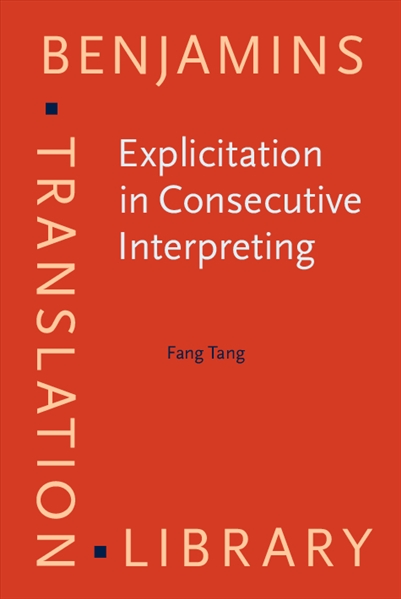
Exploitation has been studied as a Translation Universal in corpus-based translation studies by several scholars, yet its features in interpreting have only been mildly touched upon. Given the obvious differences between translation and interpreting, ...
Exploitation has been studied as a Translation Universal in corpus-based translation studies by several scholars, yet its features in interpreting have only been mildly touched upon. Given the obvious differences between translation and interpreting, it is worthwhile exploring whether exploitation has any distinct features in interpreting.
This study offers a novel view of exploitation in consecutive interpreting (CI) by investigating the effects of interpreters' professional experience and interpreting direction on interpreters' explication patterns. It not only validates but also quantifies the differences in explication patterns between professional and student interpreters as well as between interpreting from A (Chinese) to B (English) language and vice versa. The established theoretical frameworks (including a typology framework and a process-oriented explanatory framework) and the data collected from various channels may provide methodological and empirical support for further studies on explication or other shifts occurring in interpreting. The tendencies and principles of explication identified by the study may also shed light on the training of CI.
This volume is intended to act as a useful reference for scholars, practitioners, interpreters, graduate and advanced undergraduate students, and anyone who shows interest in explication, interpreting expertise, interpreting directionality and interpreting training.
Read Full Description >>
|
ISBN: 9789027258823 |
£83.00 |
